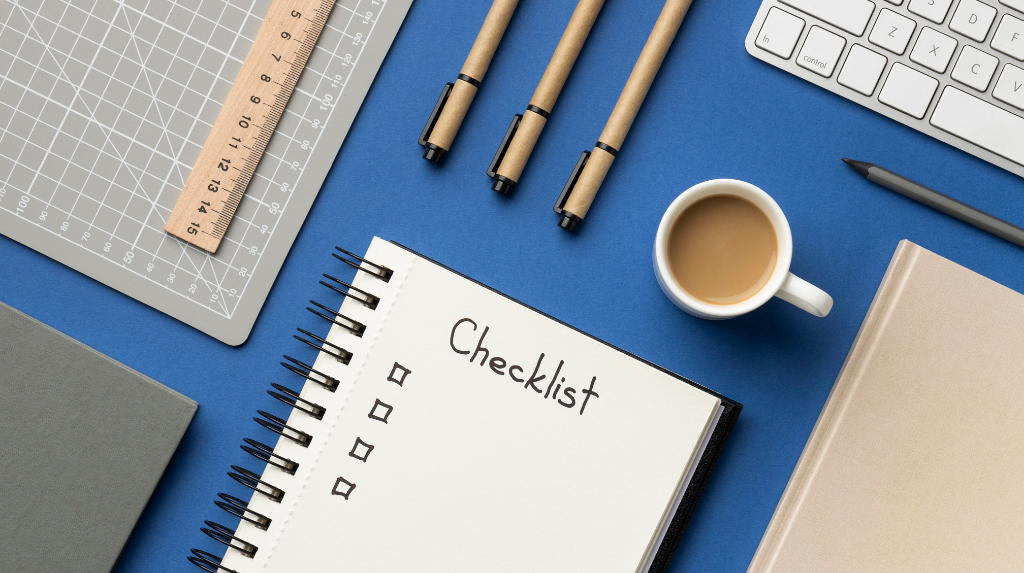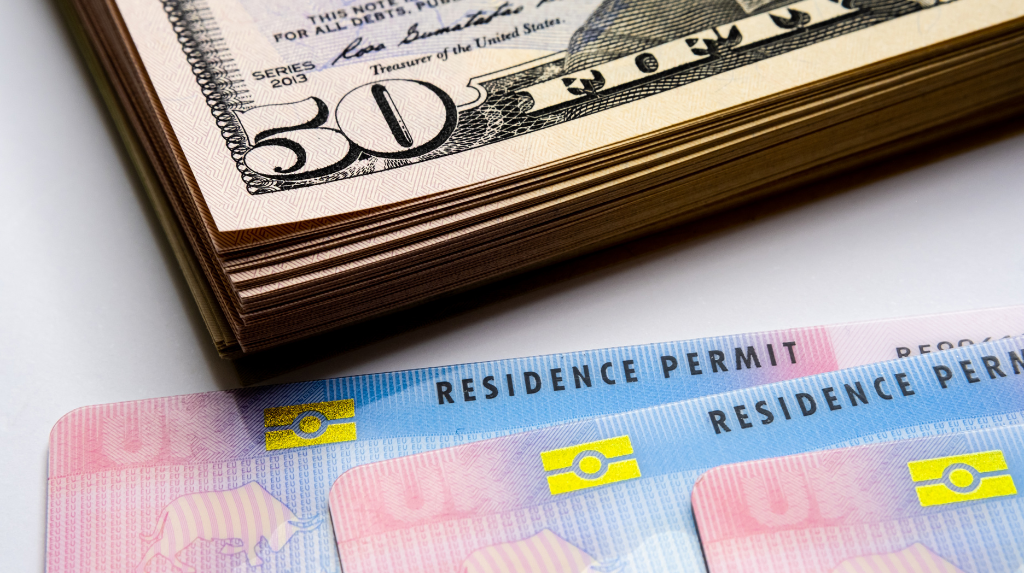In an era of globalization, business opportunities transcend geographical boundaries, and Nigeria is no exception. For Nigerian entrepreneurs and business professionals seeking to tap into the vast economic landscape of the United States, obtaining a U.S. Business Visa is a crucial step. This comprehensive guide aims to demystify the intricacies of the U.S. Business Visa application process for Nigerians, providing valuable insights, tips, and a step-by-step roadmap.
Understanding the U.S. Business Visa
The U.S. Business Visa, officially known as the B-1 Visa, is designed for foreign nationals visiting the United States temporarily for business purposes. It encompasses a variety of business-related activities, including attending conferences, negotiations, consultations, and participating in professional conventions. While the B-1 Visa is not intended for permanent employment or establishing businesses in the U.S., it offers a pathway for Nigerians to engage in legitimate business activities.
Types of U.S. Business Visas
Before delving into the application process, it’s crucial to understand the different types of U.S. Business Visas to determine which one aligns with your specific needs. The most common types include:
B-1 Visa: Business Visitors
- Suitable for short-term business trips.
- Allows participation in business meetings, conferences, and consultations.
- No involvement in gainful employment, such as receiving a salary from a U.S. source.
B-2 Visa: Tourist Visitors
- While primarily for tourism, the B-2 Visa may be used for attending short courses, conferences, or workshops unrelated to business.
L-1 Visa: Intracompany Transfers
- For employees of multinational companies transferring to a U.S. office.
- Requires proof of qualifying relationship between the foreign and U.S. employer.
E-2 Visa: Treaty Investors
- Applicable for individuals investing a substantial amount of capital in a U.S. business.
- Requires citizenship of a treaty country.
H-1B Visa: Specialty Occupation Workers
- Designed for individuals with specialized skills or knowledge.
- Employer sponsorship is mandatory.
Choosing the right visa type depends on the nature and purpose of your business visit to the U.S.
Preparing for the U.S. Business Visa Application
Gather Essential Documents:
- Passport: Ensure your passport is valid for at least six months beyond your intended period of stay in the U.S.
- DS-160 Form: Complete the Online Nonimmigrant Visa Application (DS-160) and obtain the confirmation receipt.
- Passport-size Photo: Provide a recent color photograph meeting the U.S. visa photo requirements.
Supporting Documentation:
- Letter of Invitation: If attending a conference or meeting, obtain an invitation letter from the U.S. host organization.
- Business Letter: Draft a letter from your employer in Nigeria explaining the purpose of your trip, your role, and the intended duration of stay.
- Travel Itinerary: Present a detailed itinerary of your trip, including business meetings, conferences, and any planned tourist activities.
Financial Proof:
- Bank Statements: Submit recent bank statements demonstrating sufficient funds to cover your expenses during the U.S. visit.
- Letter of Support: If sponsored by a company or individual, include a letter stating their commitment to cover your expenses.
Employment Verification:
- Letter from Employer: Provide a letter from your employer verifying your employment status, position, and approval for the business visit.
- Pay Stubs: Include recent pay stubs as proof of stable income.
Ties to Nigeria:
- Homeownership Documents: If applicable, submit documents proving property ownership in Nigeria.
- Family Ties: Highlight family connections, emphasizing your intent to return to Nigeria after the business trip.
Completing the U.S. Business Visa Application
Online Application (DS-160):
- Access the Consular Electronic Application Center (CEAC) website and complete the DS-160 form.
- Upload a suitable passport-size photo as per the provided specifications.
- Pay the non-refundable visa application fee.
Schedule Visa Appointment:
- Visit the U.S. Visa Information and Appointment Services website to schedule a visa appointment at the U.S. Embassy or Consulate in Nigeria.
- Pay the visa application fee, which varies depending on the visa type.
Visit the U.S. Embassy or Consulate:
- Attend the scheduled visa appointment with all required documents in hand.
- Participate in a consular interview, where the officer will assess the purpose of your visit and eligibility for the U.S. Business Visa.
Visa Approval and Processing:
- If approved, your passport will be stamped with the U.S. Business Visa.
- The processing time varies, but applicants are typically notified to collect their passports within a specific timeframe.
Navigating the Consular Interview
The consular interview is a crucial step in the U.S. Business Visa application process. Here are some tips to enhance your chances of success:
Be Prepared:
- Familiarize yourself with the details of your application and supporting documents.
- Clearly articulate the purpose of your business visit and how it aligns with the allowed activities under the B-1 Visa.
Dress Professionally:
- Present yourself in a professional manner, reflecting the seriousness of your business intent.
Confidence and Clarity:
- Speak confidently and concisely, providing clear and concise answers to the consular officer’s questions.
Provide Additional Information if Requested:
- Be prepared to provide additional information or clarify any aspects of your application if requested by the consular officer.
Demonstrate Ties to Nigeria:
- Emphasize your strong ties to Nigeria, such as family, employment, or property ownership, to assure the consular officer of your intent to return.
Common Pitfalls and How to Avoid Them
Insufficient Documentation:
- Ensure all required documents are complete, accurate, and up-to-date.
- Double-check the specific requirements for the U.S. Business Visa to avoid missing any crucial paperwork.
Lack of Clarity in Purpose:
- Clearly articulate the purpose of your business visit during the consular interview.
- Avoid ambiguity and provide specific details about your planned activities.
Inadequate Financial Proof:
- Demonstrate sufficient funds to cover your stay and expenses in the U.S.
- Submit comprehensive financial documentation, including bank statements and letters of support if applicable.
Overlooking Visa Fee Payment:
- Pay the required visa application fee before attending the consular interview.
- Keep the payment receipt as proof of payment.
Neglecting Ties to Nigeria:
- Emphasize your connections to Nigeria to assure the consular officer of your intent to return.
- Provide documentation supporting your ties, such as property ownership or family relationships.
Navigating the U.S. Business Visa application process as a Nigerian requires careful preparation, attention to detail, and a clear understanding of the requirements. By following this comprehensive guide, prospective business travelers can enhance their chances of securing a U.S. Business Visa and embark on a successful journey to explore the vast opportunities awaiting them in the United States. Remember, each application is unique, so adapt these guidelines to your specific circumstances and consult with immigration experts if needed. With diligence and thorough preparation, your U.S. business venture can become a reality, opening doors to collaboration, growth, and success on an international scale.
Do you need help with a Business Visa to the US?
Contact our team of skilled immigration lawyers to discuss your visa and immigration needs.
Call us at +234 812 5505 986 or WhatsApp us at +234 818 1547 085 for immediate assistance with your situation. We are available to assist you in person, over the phone, or online





